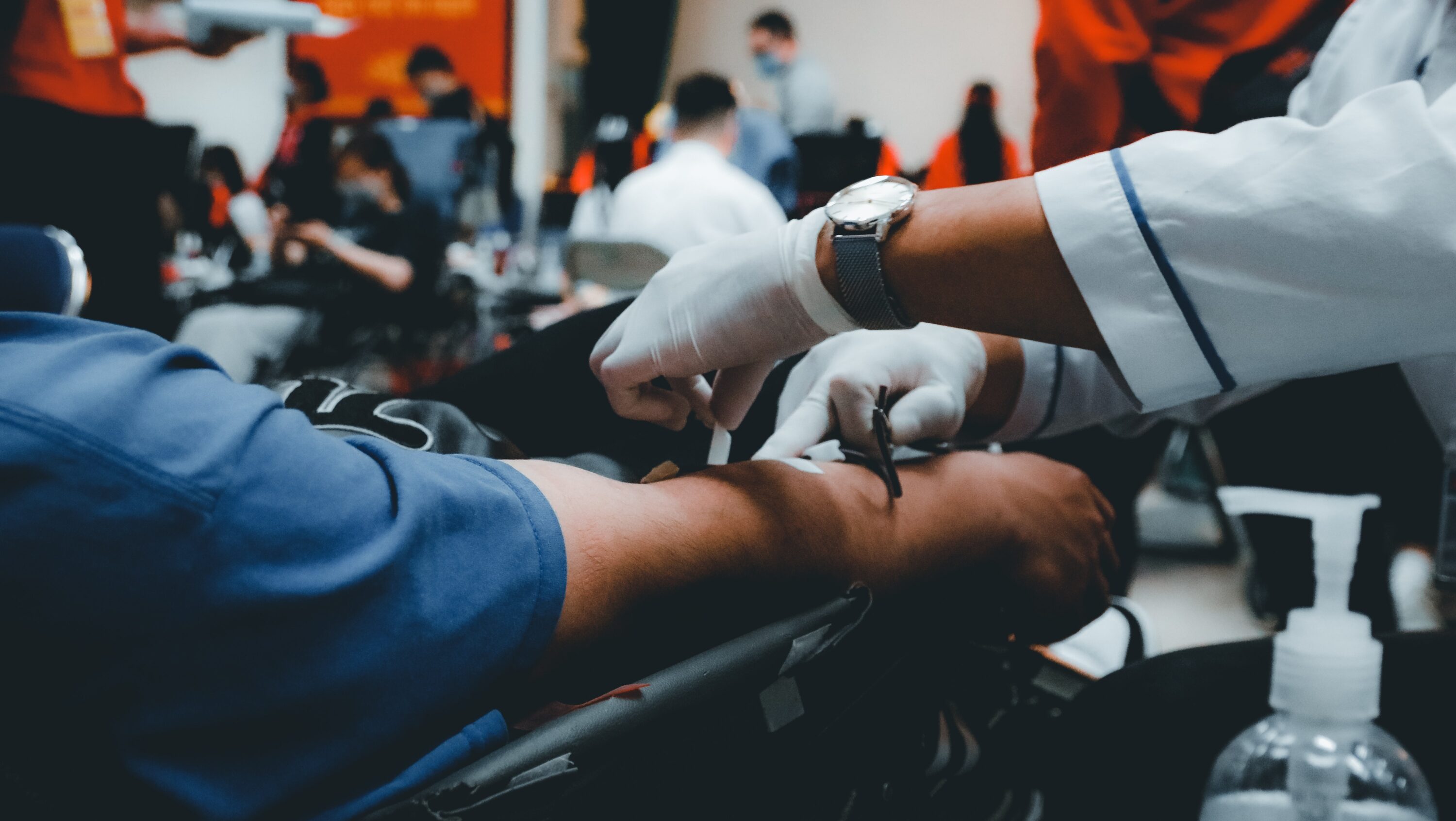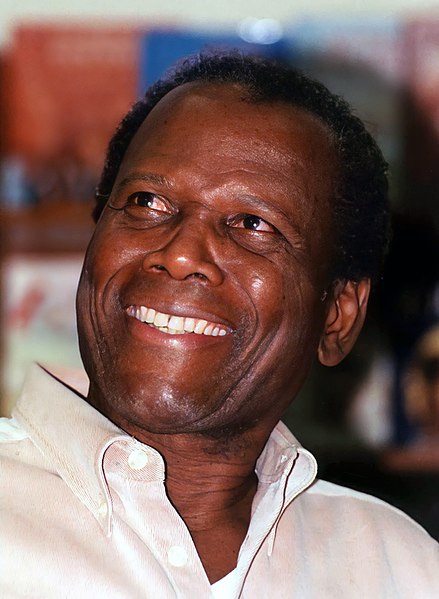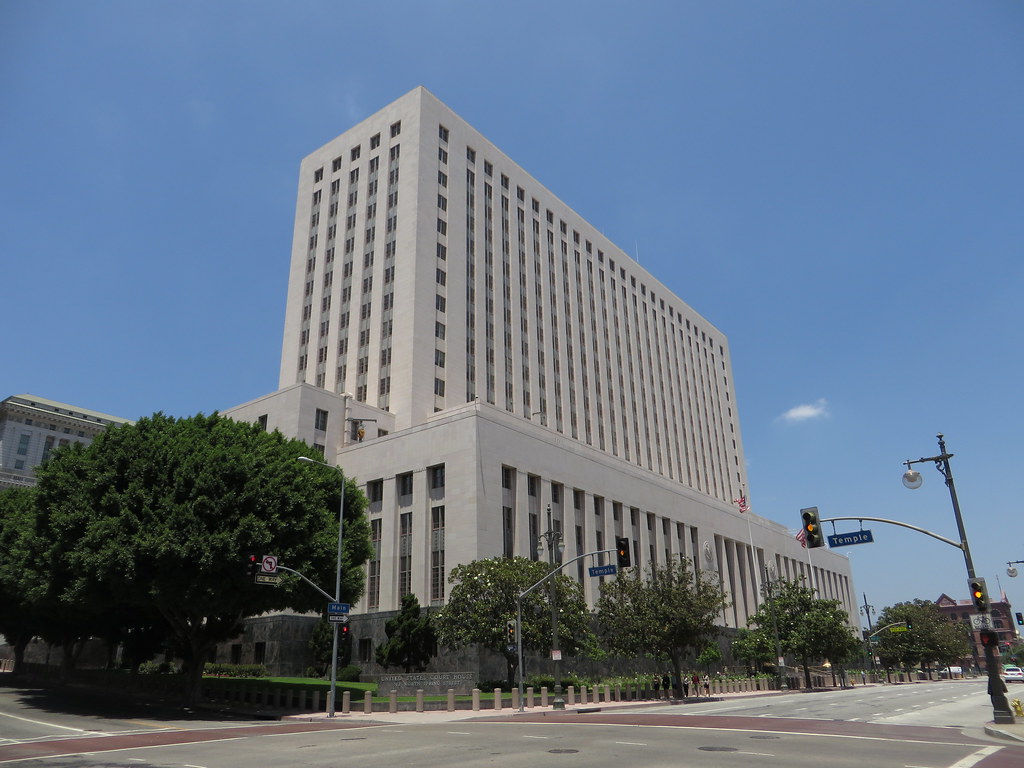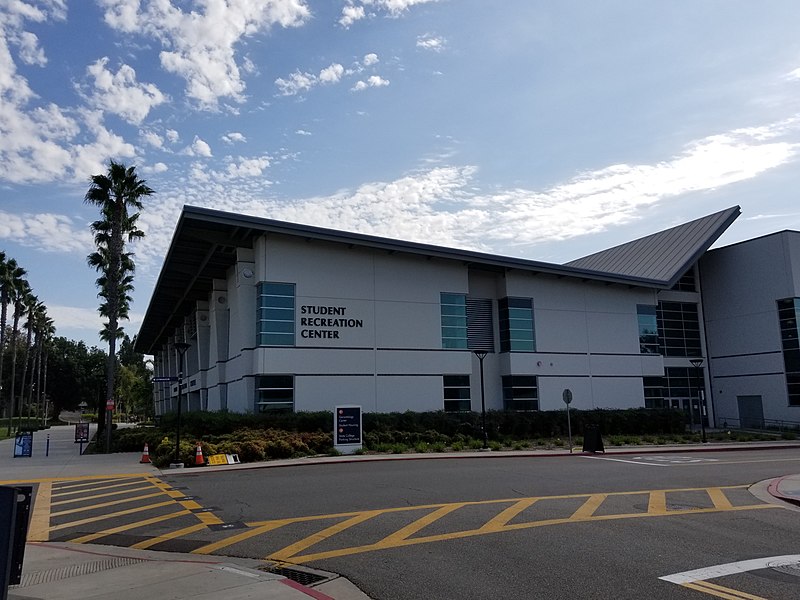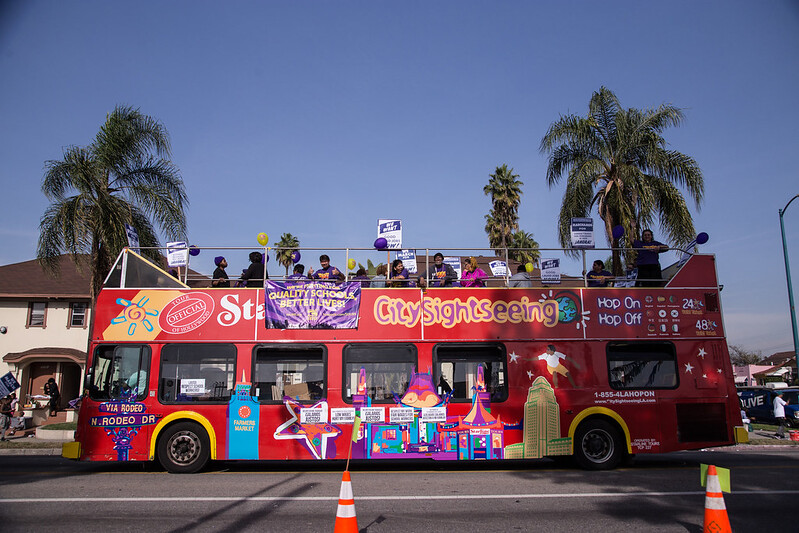Cedars-Sinai is facing a blood shortage and is encouraging people to make donations to replenish the supply, which has been consistently low the past two years through the COVID-19 pandemic.
“We normally like to have a few days’ inventory of blood on hand, but we haven’t had the luxury of that in a long time,” said Ellen Klapper, director of Transfusion Medicine and Blood Donor Services.
Schools, houses of worship and other organizations are cutting down on in-person activities, including having blood drives. Holiday travel, inclement weather and seasonal illnesses have also contributed to the drop in blood donations during winter time.
“That all has combined to create a really tough situation for us here at the hospital,” said Armando Romero, associate director of Transfusion Medicine at Cedars-Sinai.
Donors can register online at donatebloodcedars.org or by calling 310- 423-4170.
“When you arrive, you’ll be asked to present a photo ID and answer a few questions so we can make sure that you’re eligible to donate,” Romero said. “We then do a mini-physical where we check your blood pressure and pulse, and review some of those screening questions with you.”
More than 16 million units of blood and blood products are transfused annually in the United States, with more than 45,000 units needed daily, according to the American Red Cross.
O-negative blood is known as the universal donor blood type and is in high demand because it can be given in emergency situations when a patient’s blood type is unknown. O-positive blood is in demand as well, because it’s the most common blood type, found in about 37% of the population.
“There’s definitely a need for O-type blood, but at this point we’re really desperate for every single blood type,” Romero said.

